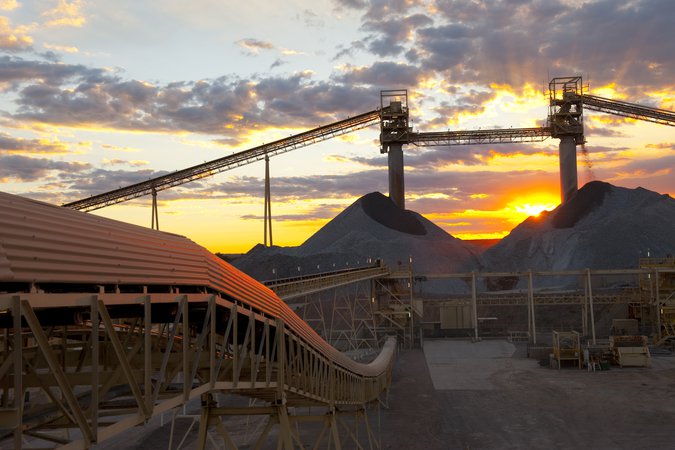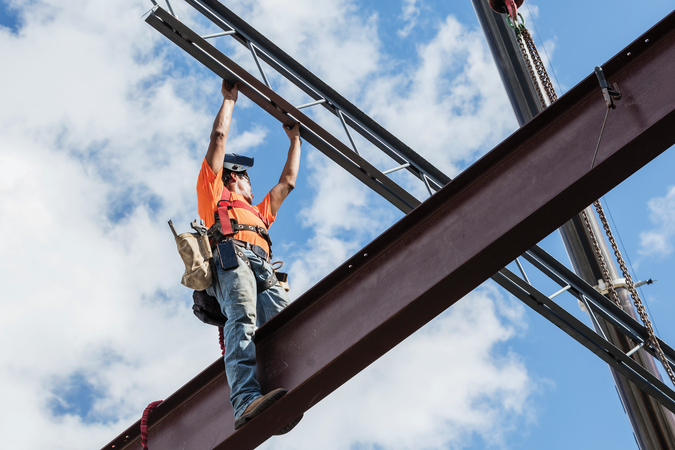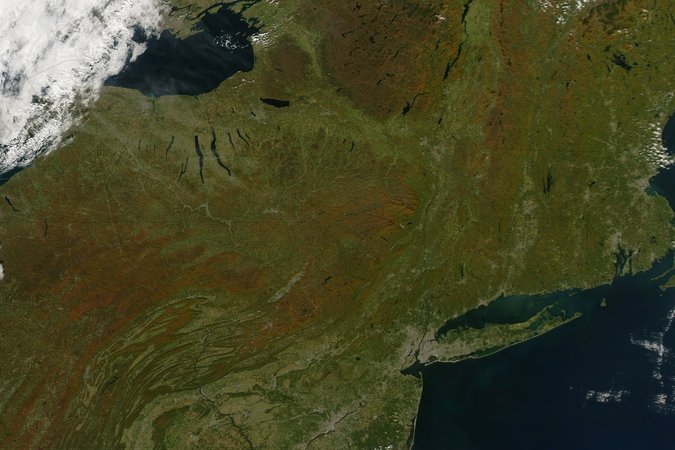Critical Minerals, Critical Stakeholders: Engaging Local Communities in Mineral Resource Collaboration
A webinar featuring industry experts exploring the impacts of mineral extraction efforts on local communities.
Event Details
The growing demand for electric vehicles has increased the need to invest in critical mineral extraction and processing, yet mineral resources across the globe tend to be located in near proximity to Native lands and local, diverse communities who are often left out of decisionmaking processes. Without careful precautions, this increase in extraction could cause undue harm to local communities. To that end, effective and equitable engagement with local communities will be needed to reduce potential harms, compensate local communities for risks (including environmental, social, and economic), and reduce opposition delays.
On June 6, Resources for the Future (RFF) hosted “Critical Minerals, Critical Stakeholders: Engaging Local Communities in Mineral Resource Collaboration,” as part of our Exposure 2024 Event Series on environmental justice. This webinar covered issues such as what effective, meaningful, and equitable engagement looks like; challenges that often emerge in the engagement process; how to deal with competing community interests; the role for compensation agreements and how to best structure these; and opportunities that can arise from community engagement. The webinar also covered policies that can be enacted to improve collaborative outcomes between communities and mining companies and discuss the role for research in this space.
Speakers:
- Carolyn Burns, RESOLVE
- Aaron Malone, Colorado School of Mines
- Jason Prno, Jason Prno Consulting Services
- Beia Spiller, Resources for the Future (Moderator)
Event Video
About the Exposure 2024 Series
The Environmental Justice Movement has been a part of community conversations for decades and has finally become a focus of national policy. For many low-income neighborhoods, households of color, tribal communities, and other marginalized groups, environmental injustice compounds a legacy of social, economic, and political disenfranchisement.
In 2021–2022, Resources for the Future (RFF) and the Urban Institute hosted a series of webinars known as Exposure to bring academic, government, and community leaders together to assess environmental justice research across disciplines while exploring gaps in knowledge. In 2024, RFF is holding a second installment where we will take a deep dive into the equity and environmental justice impacts of federal climate policies, particularly in light of the Bipartisan Infrastructure Law, the Inflation Reduction Act, and novel state policies that reflect Justice40 Initiative priorities.







